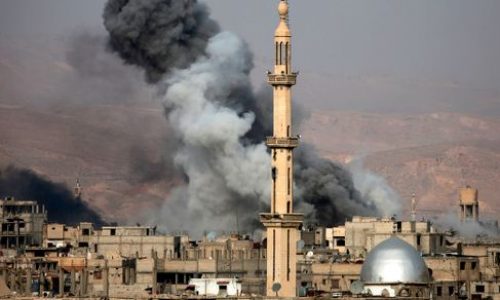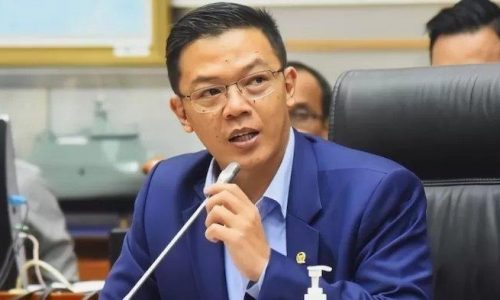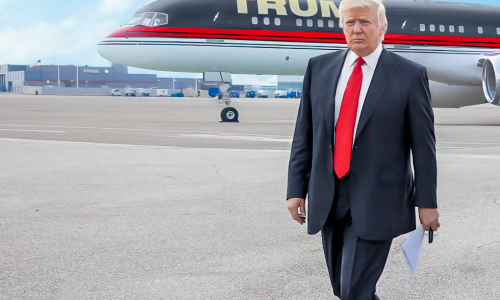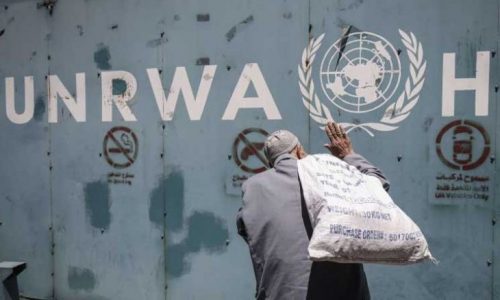The program, dubbed the “Partnership for Global Infrastructure and Investment” (PGII), aims to mobilize $600 billion by 2027 in investments for infrastructure in developing countries with an emphasis on sustainable and secure development. Neither President Biden nor the White House fact sheet explicitly mentioned China by name. Yet, it is generally understood that the PGII aims to provide an alternative to China’s infrastructure investment inroads in low-and middle-income countries—also known as Chairman Xi’s signature foreign policy initiative the Belt and Road Initiative (BRI).
Numerous challenges exist for the PGII in terms of how effective of an alternative it will prove to be when competing with China’s BRI. Chiefly, it is important that the projects under PGII are developed in consultation with recipient countries to adequately address their needs, not what G7 countries dictate or believe they need, or in an extractive manner. In addition, public diplomacy will be an integral part of the PGII in order to counter China’s narratives denigrating liberal democracy on the global stage.
Since its official launch in 2013, the BRI has been marred by criticism of unsustainable infrastructure projects in some recipient countries—ranging from debt traps to environmentally degrading and democracy eroding projects. While the Chinese Communist Party (CCP) has touted BRI as a purely economic policy, Western countries have raised concerns about China’s true intentions and the potential national security ripple effects from China establishing economic and making geostrategic inroads in Asia, the Middle East, Africa, and parts of Europe. Indeed, even prior to the COVID-19 pandemic, states that defaulted on their foreign debts to China faced infringement on their sovereignty, signing 100-year leases to Beijing for critical infrastructure, like ports, to extend credit. The debt crisis of BRI-recipient countries has only worsened since 2020, as illustrated by the current foreign debt crises of Sri Lanka, Laos, and Zambia.
The PGII is touted as providing a sustainable alternative for infrastructure investment and development. U.S. President Biden said the program will allow countries to “see the concrete benefits of partnering with democracies.” While the PGII has been criticized for its slow start last year, some early initiatives include a $2 billion solar farm investment in Angola, and a 1,000-mile submarine telecommunications cable that will connect Singapore to France through Egypt and the Horn of Africa. The latter project example is an important illustration that infrastructure investment today should not exclusively focus on roads, ports, and railways, but also digital infrastructure and connectivity. Indeed, China’s “Digital Silk Road” which is part of the BRI and promotes access to digital infrastructure and exports emerging technology, has proven to be a major cause for concern for democratic countries. Surveillance technology exported by China could aid other authoritarian countries in cracking down on political opposition and eroding civil society.
Still, several challenges facing the PGII exist. First, economic and geopolitical events over the past year including inflation and rising energy costs due to Russia’s illegal war on Ukraine—have made the projects under PGII more expensive to implement. Second, recent analysis by the Center for Strategic and International Studies also highlights barriers to how the PGII can effectively implement largely private funding of the projects in developing countries, including accounting for sovereign-level risk and financial risk. Third, while Biden announced that the U.S. seeks to mobilize $200 billion for PGII over the next 5 years through a mixture of private funding, grants, and federal funds, it remains unclear if new projects will be stood up or if existing projects that fit the bill will simply be folded under the PGII umbrella. While this is not necessarily a problem concerning the vitality or implementation of the PGII, it could call into question why the PGII is different from already planned U.S.-led projects. Chiefly, it is important that the projects under PGII are developed in consultation with recipient countries to adequately address their need, not what G7 countries dictate or believe they need. In addition, public diplomacy will be an integral part of the PGII in order to counter China’s propaganda and disinformation narratives denigrating liberal democracy on the global stage.








